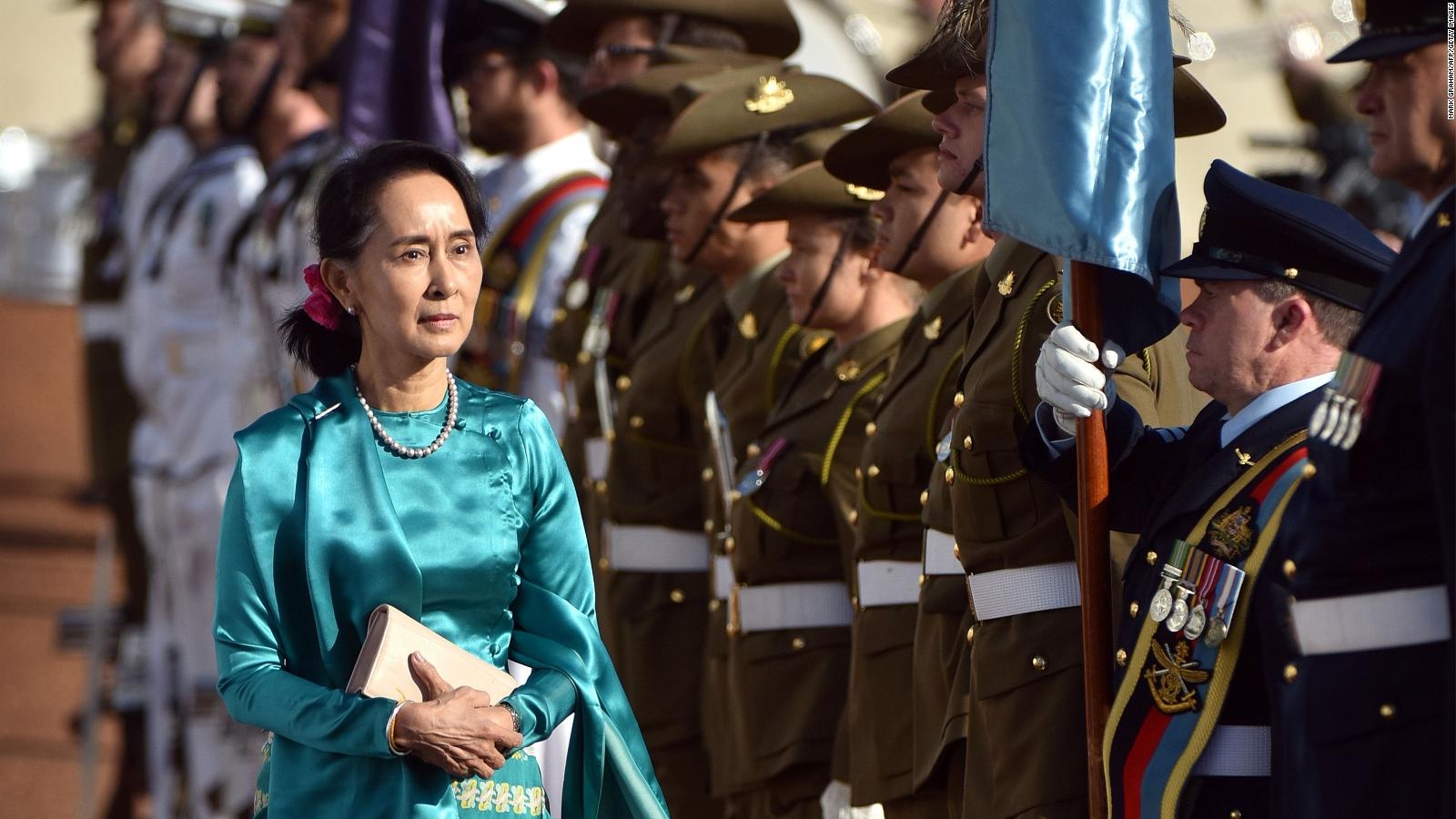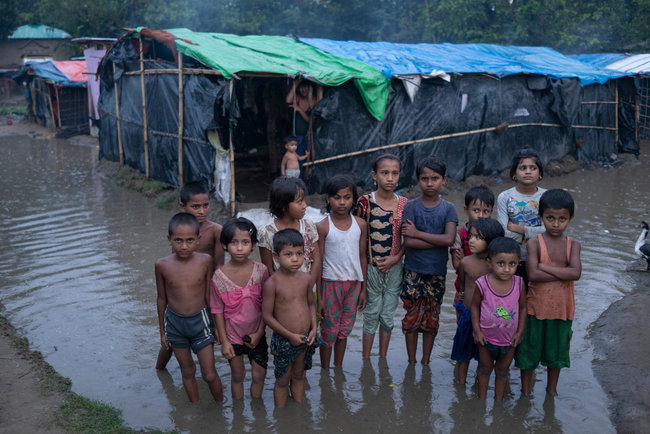
 Dark days in Myanmar
Dark days in Myanmar
Friday 7th September 2018 | Jake
Aung San Suu Kyi was once lauded as a prisoner of conscience. Held under house arrest by the Burmese government, her peaceful protest won her supporters across the globe as well as a Nobel Peace Prize.
Today she is an apologist for genocide and a leader unwilling to accept, nor condone criticism.
On the 13th of November 2010, Aung San Suu Kyi, after 15 years of house arrest over the previous 21 years, was set free and welcomed by thousands of supporters outside her home. There was near-universal celebration over her release.
It was reported on 3rd of September 2018 that Wa Lone and Kyaw Soe Oo, Reuters journalists covering the massacre of Rohingya Muslims in Myanmar, were each sentenced to seven years in prison.
In the seven years and ten months separating these events, Suu Kyi’s position as a symbol of hope for the down-trodden and oppressed has evaporated. The dramatic, rapid fall from grace wasn’t immediate. In fact her reputation only grew, leading up to a sensational Myanmar election which resulted in her assuming the role of state counsellor. The role is the equivalent of Prime Minister, a job Suu Kyi was unable to have as she had children with foreign nationality. That was April 2016.

A little over two years later and Suu Kyi and the Myanmar military stood accused of overseeing a genocide of the country’s Rohingya Muslims, specifically those living in the western Rakhine state. Journalists have also been banned from the region, a telling sign that has culminated in the jailing of Wa Lone and Kyaw Soe Oo.
A UN report into the Rohingya crisis released late last month, found the Tatmadaw, Myanmar’s armed forces, were “killing indiscriminately, gang-raping women, assaulting children and burning entire villages”. The UN investigators were also denied entry to Myanmar; their report is based on interviews with 875 refugees who had witnessed the crisis unfold first-hand. The UN have accused the Tatmadaw of war crimes against humanity amounting to genocide.

Since August 2017, an estimated 25,000 people have been killed and nearly 700,000 Rohingya have fled over the border to Bangladesh, over half of them children. Their homes have been burned behind them, ensuring there is nothing for them to return to. Suu Kyi and her government insist the army’s approach is a retaliation against terrorists. They also claim that only 400 people have died.
The Rohingya are a Muslim minority in majority Buddhist Myanmar, and there has long been mistrust on both sides. The Myanmar government has denied the Rohingya people citizenship, regarding them as illegal immigrants in the country. Trouble and violence often breaks out between the Rohingya and authorities, but the scale of it seen in the last year is unprecedented. The ethnic cleansing now taking place was prompted by Rohingya militants attacking over 30 police outposts in Rakhine state.

The two reporters Wa Lone and Kyaw Soe Oo, picture aboved.
Today media are banned from the region. The UN didn’t even receive a response from the government when they contacted them asking for access to the country for their report on the crisis. For their part in shining a light on the atrocities the military has been guilty of, Wa Lone and Kyaw Soe Oo have been held since December, until they were finally convicted of breaching a law introduced by the ruling British Empire in 1923. Suu Kyi has not commented on their trial and resulting convictions.
"There is a time to be quiet and a time to talk," said Suu Kyi upon her release back in 2010.
The time to speak up came and went, now her silence speaks volumes for her.
Free Wa Lone and Kyaw Soe Oo.
